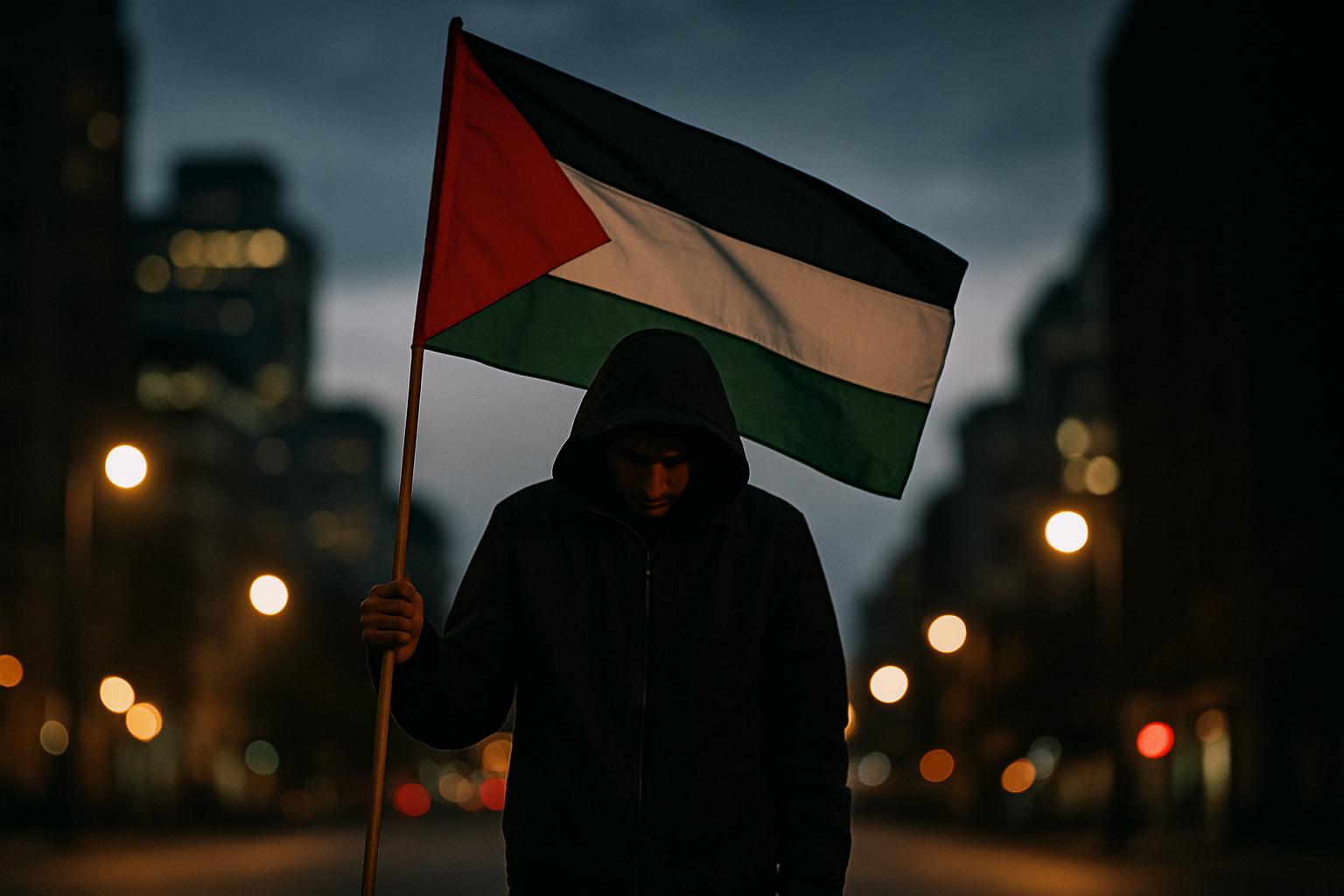Following a deadly terrorist attack at a Manchester synagogue, the UK is facing heightened tensions over planned pro-Palestinian protests set to take place in Manchester and London this weekend. Despite strong appeals from Prime Minister Keir Starmer and senior police officials to cancel the demonstrations, organisers have insisted that the marches will proceed as planned. They argue that cancelling peaceful protests would allow terrorism to prevail and emphasize the importance of defending democratic rights.
The protests are particularly focused on opposing the government’s recent decision to proscribe Palestine Action, a pro-Palestinian organisation, as a terrorist entity under UK anti-terror laws. The group Defend Our Juries, one of the main organisers, has condemned the synagogue attack but maintains that the protests are necessary to safeguard the right to peaceful assembly and protest.
Police leaders have expressed serious concern about the planned gatherings. Metropolitan Police Commissioner Sir Mark Rowley highlighted the strain on resources, stating that at a time when officers should be fully deployed to protect communities, the police must instead prepare for a large demonstration of over 1,000 people in Trafalgar Square, which he described as supporting a terrorist organisation. This concern resonates across police forces, with fears that the protests could undermine community safety and stretch policing capabilities already taxed by recent events.
The government, including Interior Minister Shabana Mahmood, has called for a pause on protests to allow the Jewish community time to grieve after the attack, which claimed two lives and left others injured. However, organisers of the protests argue that it is precisely during such times that the fundamental democratic right to protest must be defended.
The law enforcement stance has been firm, with Sir Mark Rowley previously warning that the Metropolitan Police will be “absolutely ruthless” in managing pro-Palestine demonstrations in London, in light of what he describes as an accelerating terror threat linked to ongoing unrest in the Middle East. Recent clashes and the arrest of protesters under terrorism-related charges underscore the heightened police vigilance.
In a broader context of rising public demonstrations this autumn, police have also been dealing with large rallies organised by far-right groups. One notable incident included the arrest of a man for allegedly calling for the assassination of Keir Starmer at a rally organised by far-right activist Tommy Robinson, drawing significant crowd sizes and further highlighting the volatile public atmosphere.
While the protest organisers have condemned the synagogue attack, they also voiced frustration at the police’s focus on arrests related to Palestine Action protests, suggesting an imbalance in addressing public safety and civil liberties. The tension between safeguarding national security and protecting democratic freedoms remains palpable as the UK navigates this complex and emotionally charged landscape.
📌 Reference Map:
- Paragraph 1 – [1], [2], [3]
- Paragraph 2 – [2], [4], [5]
- Paragraph 3 – [1], [4], [5], [7]
- Paragraph 4 – [4], [7]
- Paragraph 5 – [7], [6]
- Paragraph 6 – [5], [2], [7]
Source: Noah Wire Services
